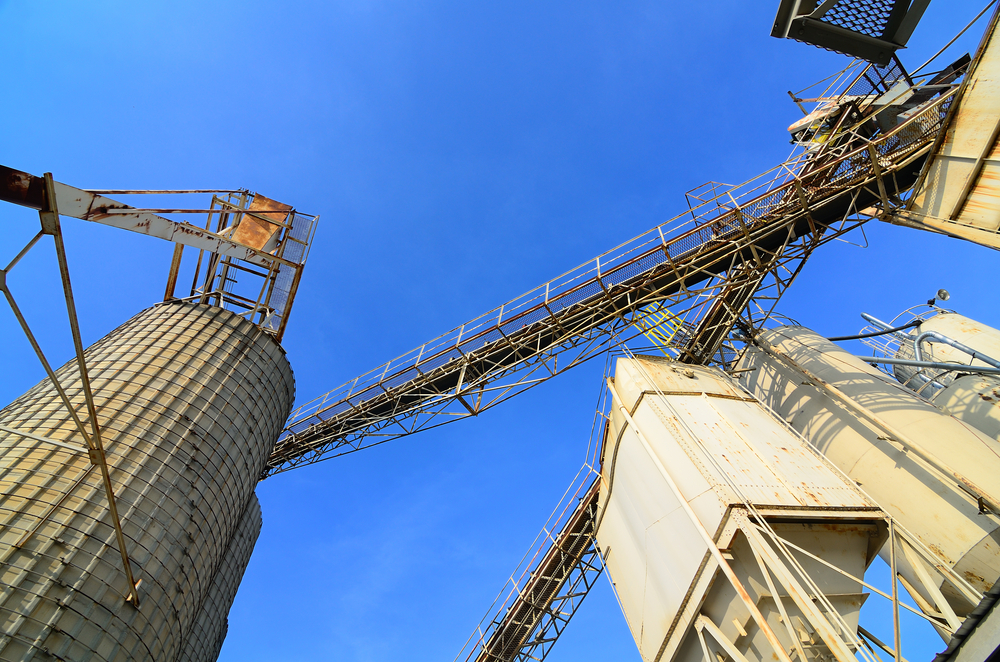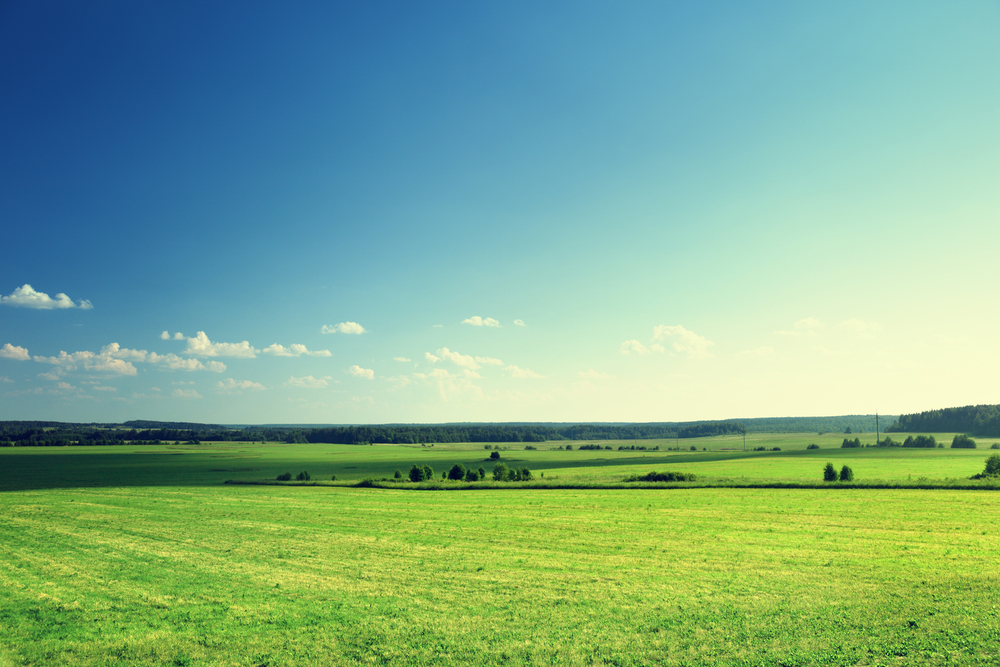What exactly is an appraisal?
By patk
Trying to understand the appraisal process can feel like trying to understand the IRS tax code. An appraisal is an educated opinion based on dozens of different factors that are always changing. Since there is very little public data available about most tracts of land, many appraisals rely heavily on opinions and predictions of the market. This uncertainty makes some people uncomfortable. At Halderman our professional appraisal staff have so much experience they reduce the uncertainty in the valuation.
As a land professional, it is important for us to explain what goes into the appraisal process and what factors impact value. Let’s take a look into the ever-changing and often challenging world of appraising land real estate.
What exactly is an appraisal? Here are a couple definitions:
The Uniform Standards of Appraisal Practices (USPAP) – The act or process of developing an opinion of value; an opinion of value. They further comment, “An appraisal is numerically expressed as a specific amount, as a range of numbers or as a relationship.” An appraiser is one who is expected to perform valuation services competently and in a manner that is independent, impartial and objective.
According to the Appraisal Institute, an appraisal is a professional opinion on the value of a property.
 The word ‘opinion’ here is very important. Since land values, market conditions, and demand for land types and uses are always changing, it is hard to find solid data to base an appraisal on. As many know every farm is different and has unique attributes making the process more complicated than appraising residential property in subdivisions with many similar homes.
The word ‘opinion’ here is very important. Since land values, market conditions, and demand for land types and uses are always changing, it is hard to find solid data to base an appraisal on. As many know every farm is different and has unique attributes making the process more complicated than appraising residential property in subdivisions with many similar homes.
Not only are the factors of an appraisal difficult to track, there are also so many of them! Here are just a few that impact land value:
- Current market conditions
- Income potential
- Current land use
- Soil type
- Structures
- Environmental hazards
- Climate
- Surrounding area/neighborhood
- Local and national land use regulations
- Location
- Water/lack of water on a property
- Access to mineral rights
- Highest and best use
We need a nap just after typing that list!
With all this in mind, what is the best way to go about getting an appraisal? There are dozens of methods out there, ranging from the income approach to the sales comparison approach. Some blogs suggest ‘do-it-yourself’ equations to figure out your land’s worth. We STRONGLY recommend against this. As you’ve seen in this article, appraisals are extremely complex and require the help of a professional. While it is impossible to find an exact value, there are tried-and-true ways you and a land professional can use to get the most accurate value of your land possible.

Land Value Estimation
Bare land may be thought of as a blank canvas. The value will change based on what the buyer/owner does with the land. The land use and structures built on the land can dramatically change the value. For example, imagine a plot of land that has the perfect location, soil type, and zoning to be a residential subdivision. If the buyer develops it as a subdivision, the value of the land could be much higher than if the buyer decides to use the land for a completely different use, such as crop production. This is known as analyzing the highest and best use.
There’s a reason appraisals should be left to the professionals. It takes years of experience and a solid understanding of market trends to even begin to understand land value. Also the common statement about value is that it is all “location, location, location” is true and learning the subtle nuances of various farm locations takes years. While we don’t recommend you trying to appraise your own land without the help of a professional, we hope this glance into appraisals makes you appreciate all the work that goes into it.
If you would like to discuss how Halderman can HELP you manage your farmland assets, you can contact us at: https://www.halderman.com/
